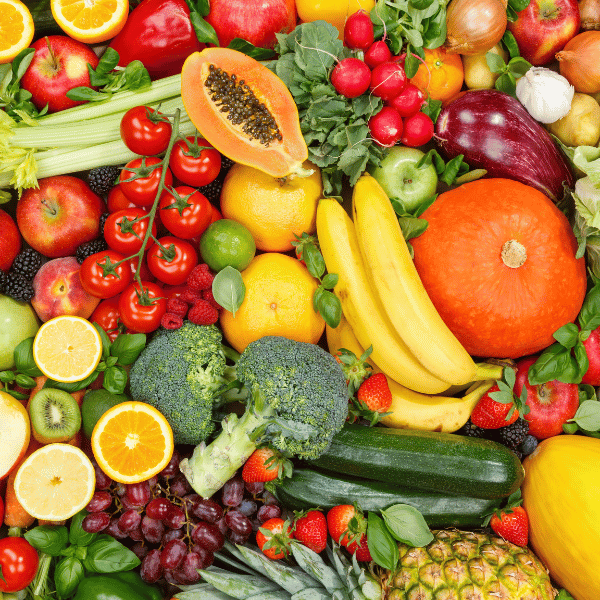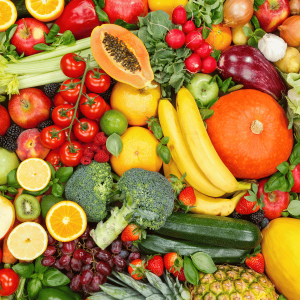
Eat Smart, Not Big: A Guide to Portion Control and a Healthier You!
Eat Smart, Not Big: A Guide to Portion Control and a Healthier You!

Portion control is an important aspect of maintaining a healthy diet. Consuming too much of even healthy foods can lead to weight gain and other health problems. In this article, we’ll discuss the importance of portion control and provide some tips to help you maintain appropriate portion sizes.
What Is Portion Control?
Portion control refers to the practice of eating appropriate serving sizes of food. It involves being mindful of how much you are eating and making sure that you are not consuming too much or too little of any particular food.
Why Is Portion Control Important?
Maintaining appropriate portion sizes is important for several reasons, including:
- Weight management: Consuming too much food, even healthy food, can lead to weight gain and other health problems.
- Digestive health: Eating appropriate portion sizes can help improve digestive health and prevent discomfort, such as bloating and constipation.
- Improved nutrient intake: Consuming appropriate portion sizes can help ensure that you get a wide range of important vitamins, minerals, and other essential nutrients for good health.
Tips to Help You Control Portions
Here are some tips to help you maintain appropriate portion sizes:
Use smaller plates
Using smaller plates can help you eat smaller portions without feeling like you are depriving yourself. When you use a smaller plate, the same amount of food will look like more, which can help you feel more satisfied with less.
Use measuring cups and spoons
Using measuring cups and spoons can help you determine appropriate portion sizes for different foods. It can be easy to overestimate or underestimate serving sizes without using measuring tools, so it’s important to be mindful of how much you are eating.
Eat mindfully
Eating mindfully involves being fully present while you eat and paying attention to your body’s hunger and fullness signals. It can help you avoid overeating and prevent mindless snacking.
Plan your meals and snacks
Planning your meals and snacks in advance can help you control your portions and avoid overeating. Try preparing healthy snacks and meals in advance, so you always have healthy options available when hunger strikes.
Portion control is an important aspect of maintaining a healthy diet. By using smaller plates, measuring your food, eating mindfully, and planning your meals and snacks, you can maintain appropriate portion sizes and enjoy the numerous health benefits that come with a balanced diet. Remember that small changes can make a big difference in your health, and practicing portion control is a simple and effective way to feel your best.











Recent Comments